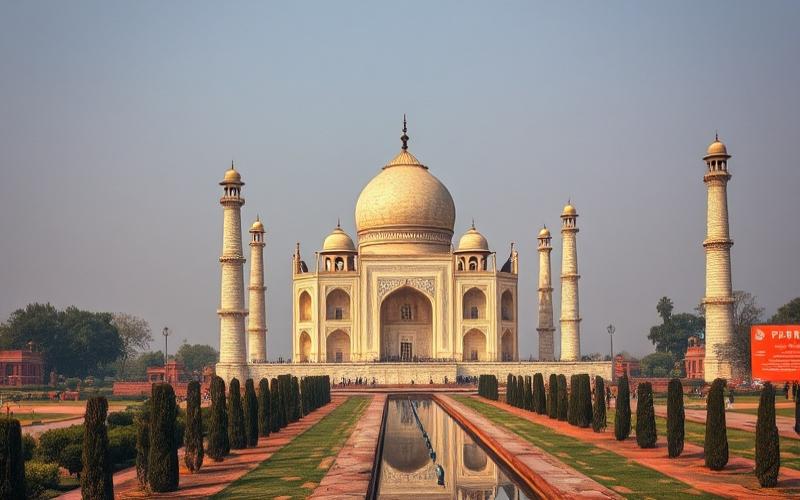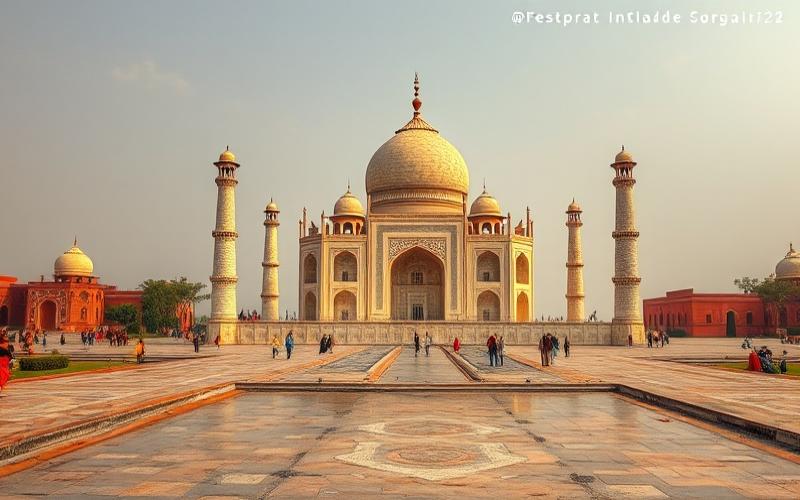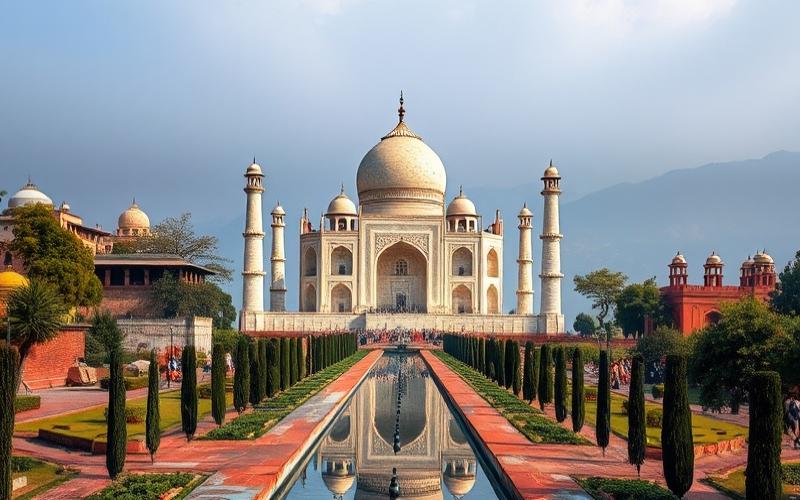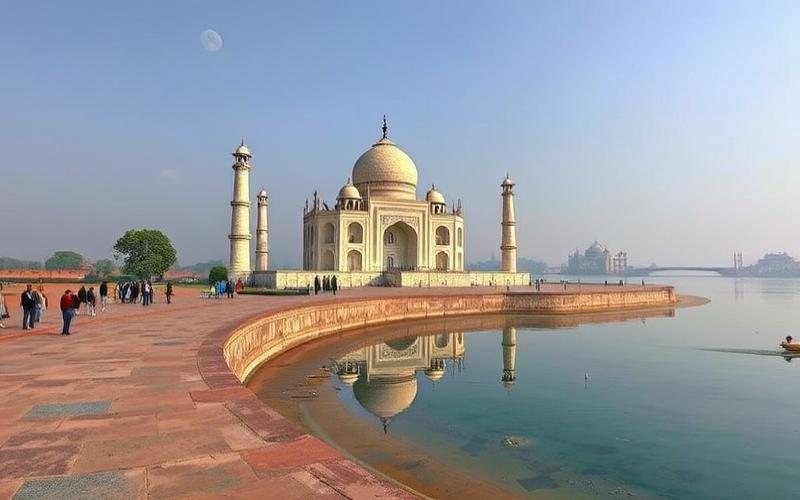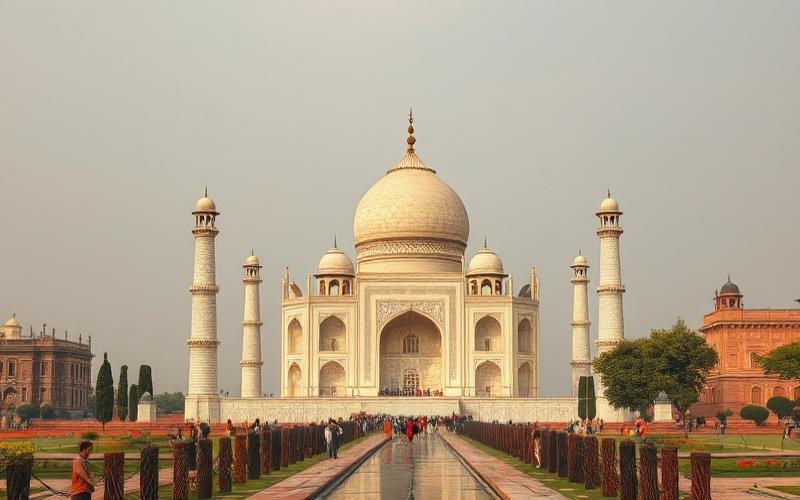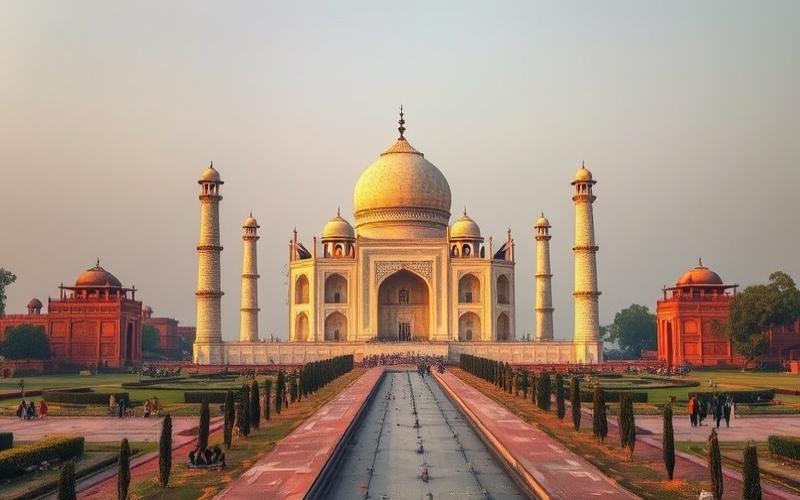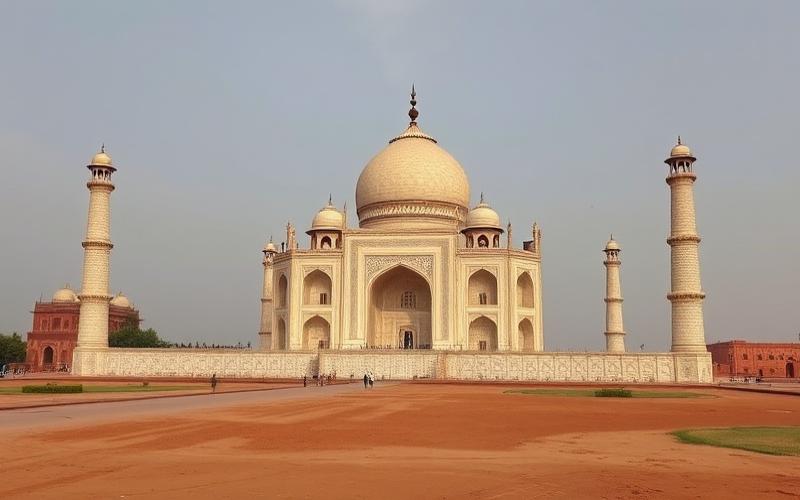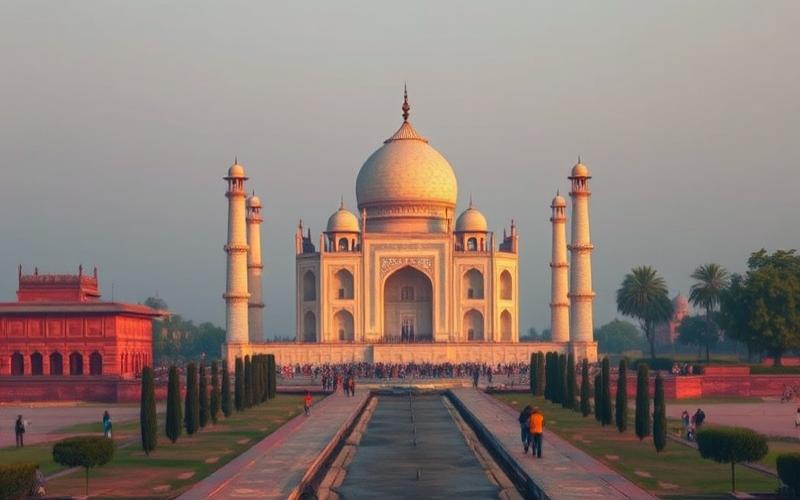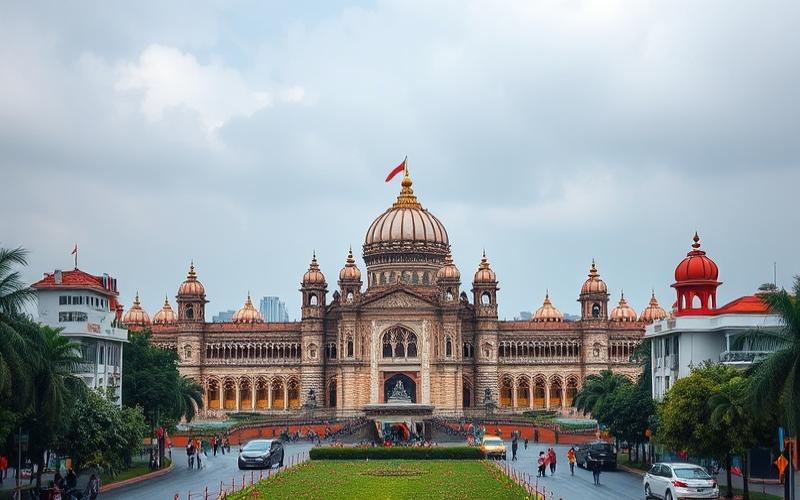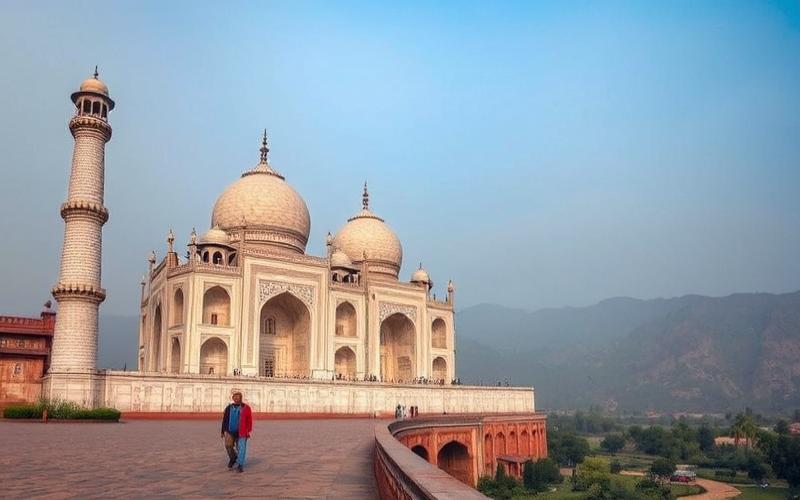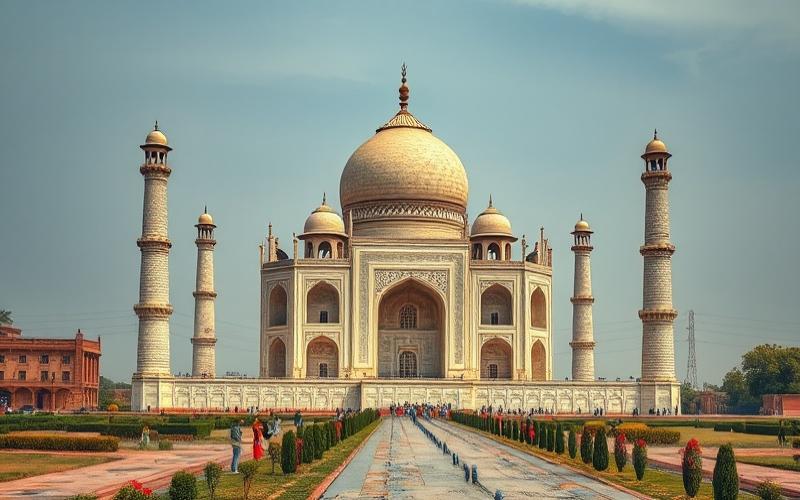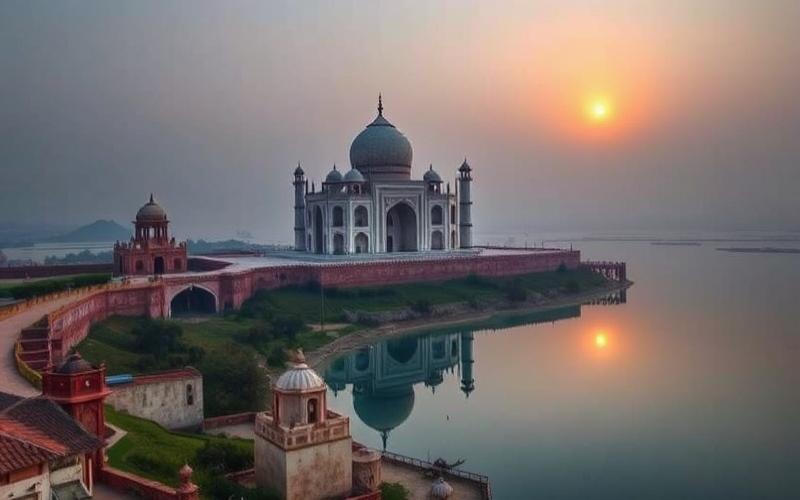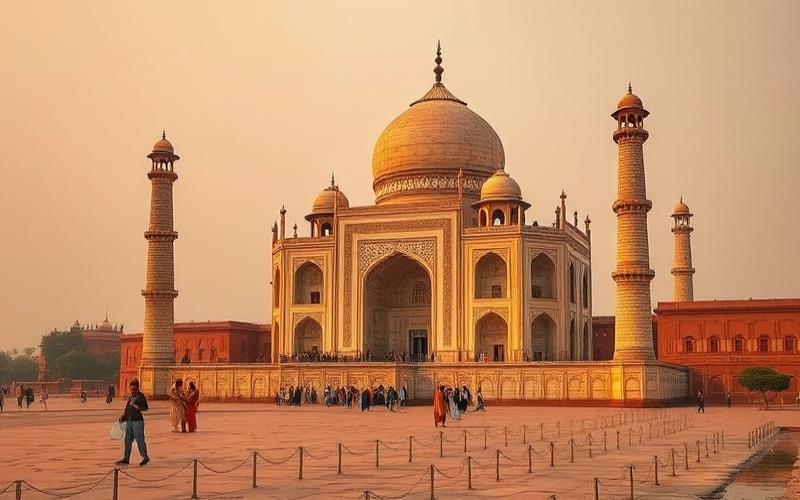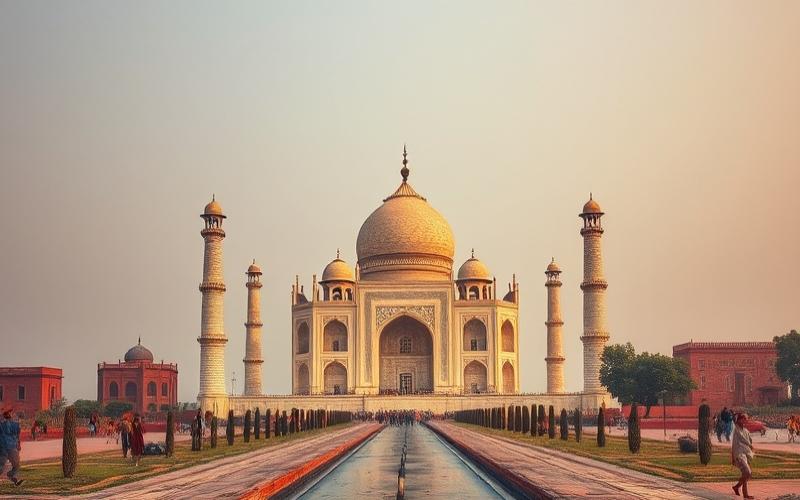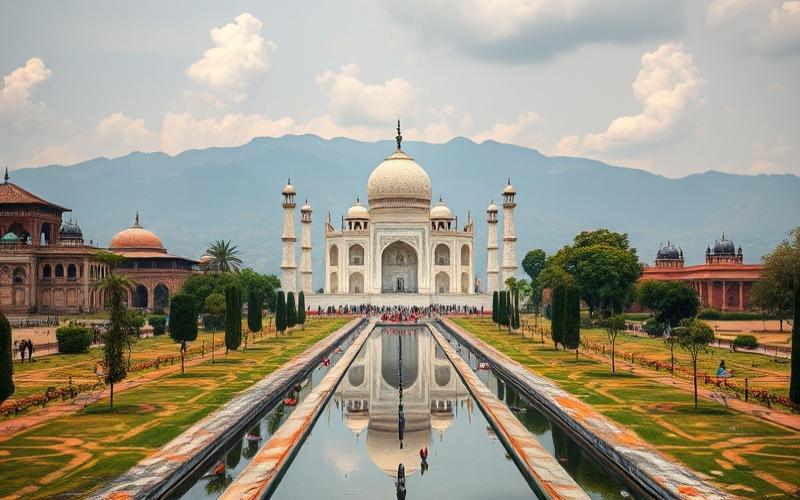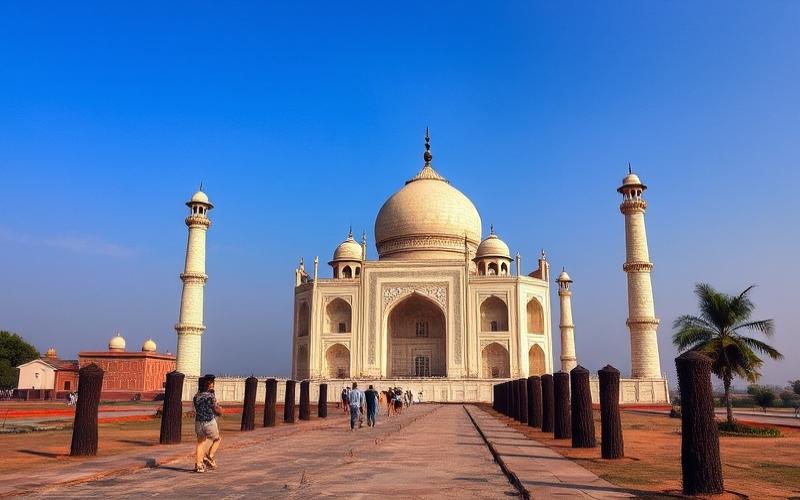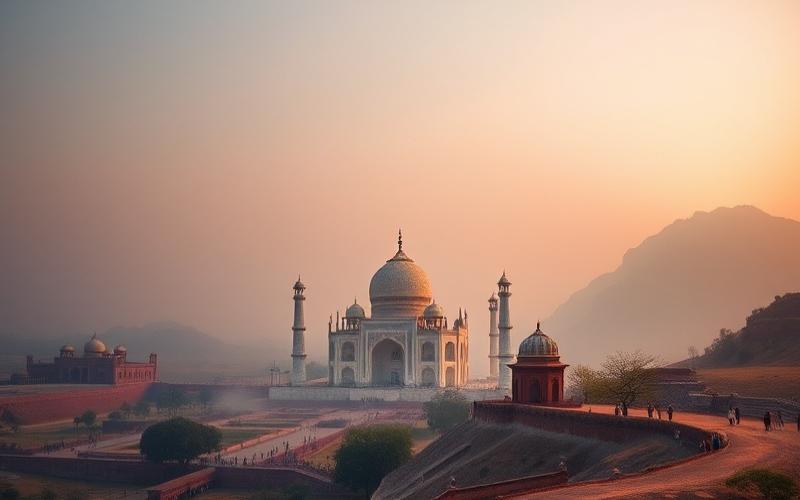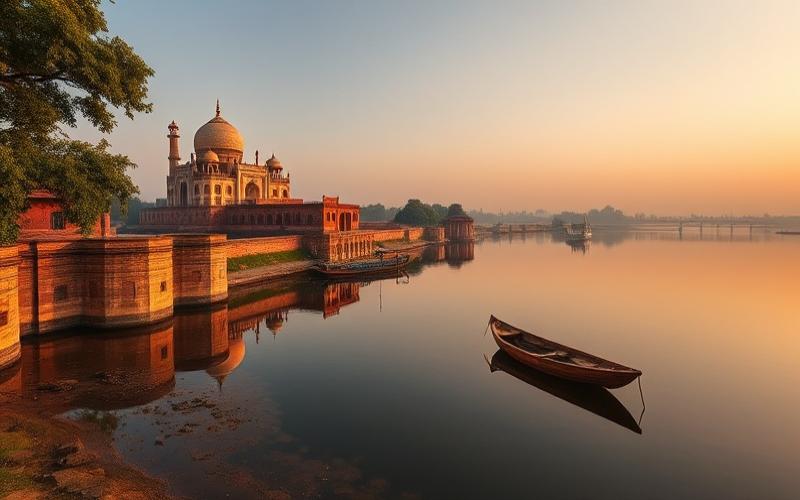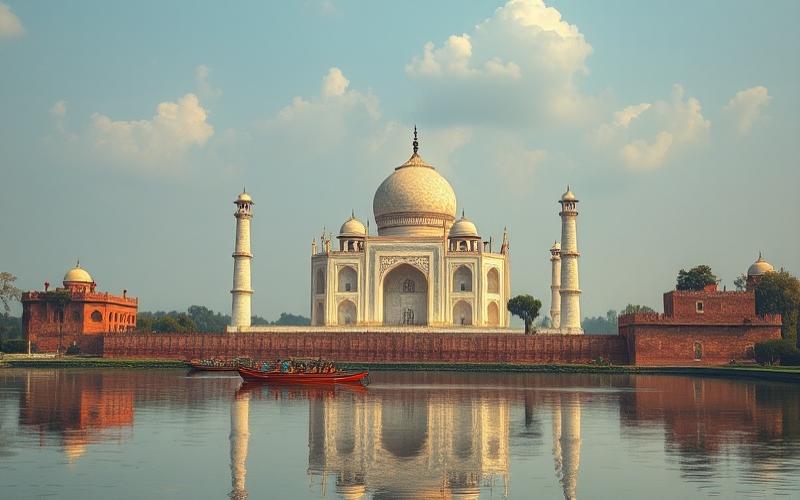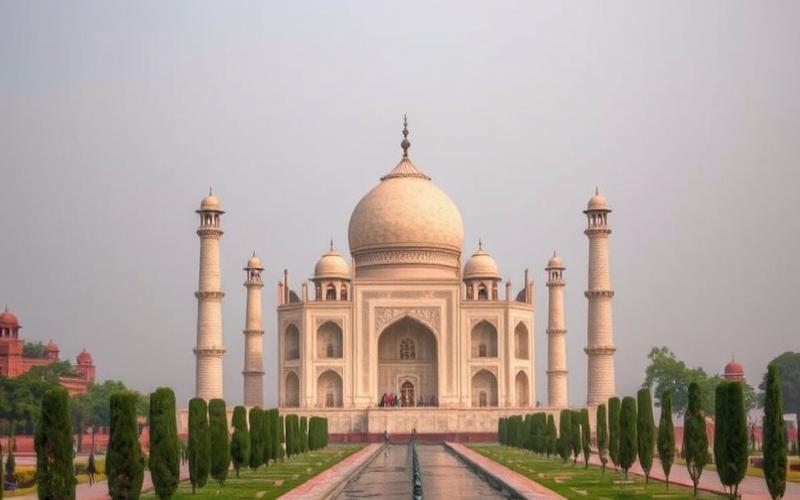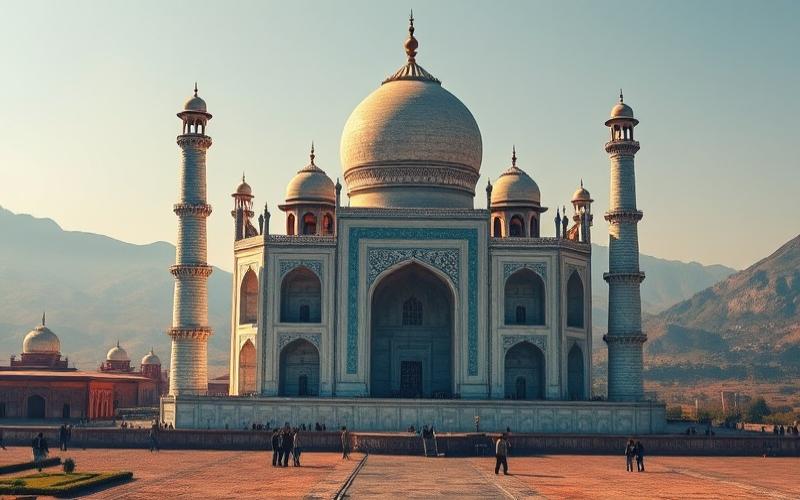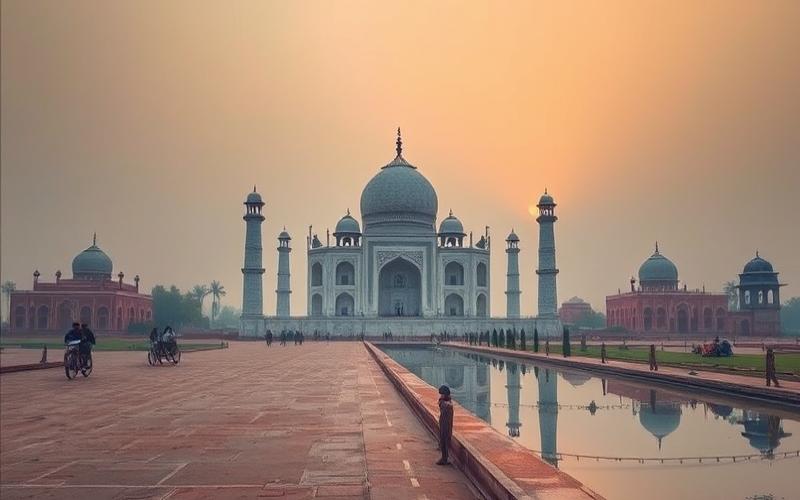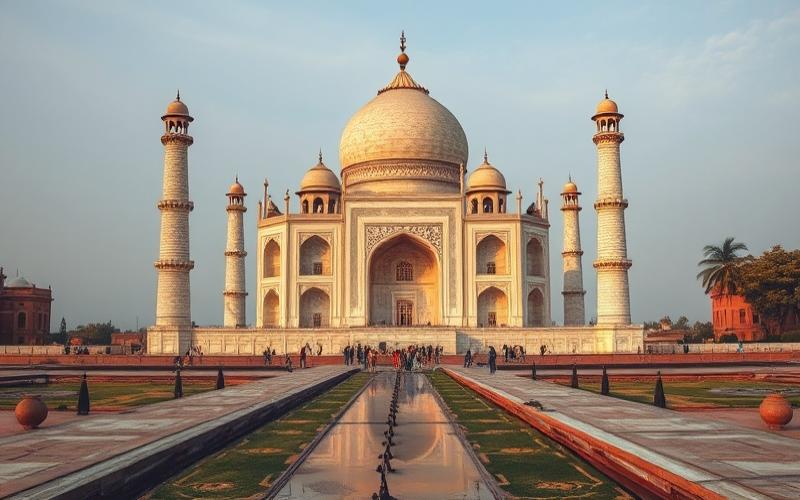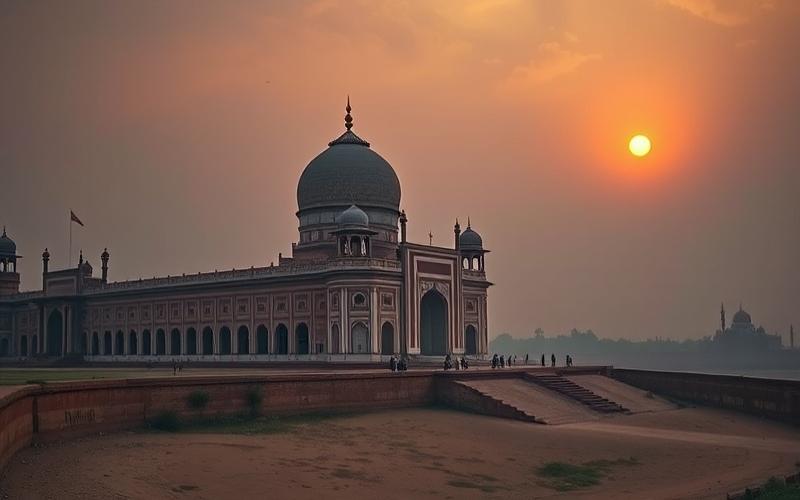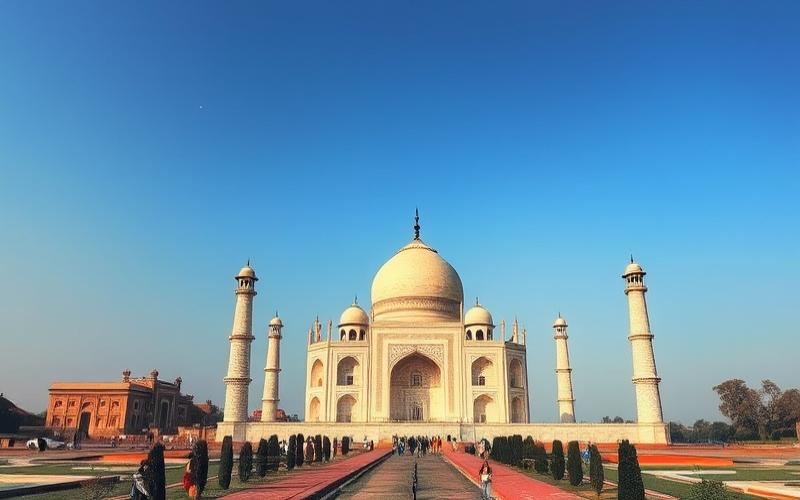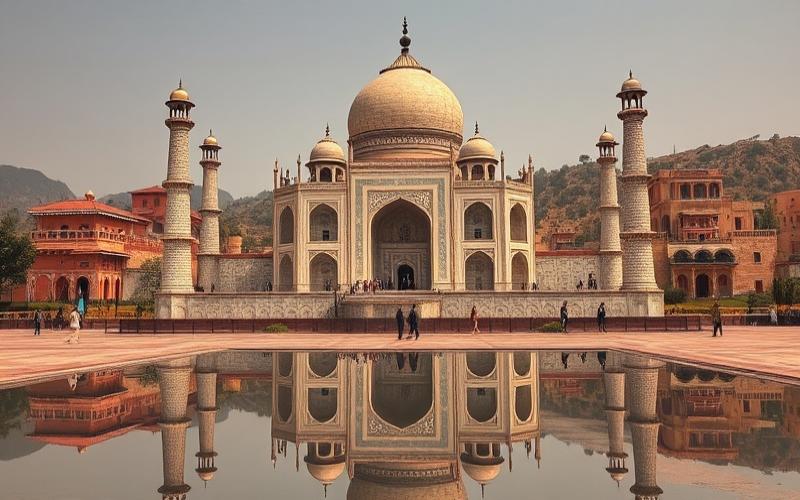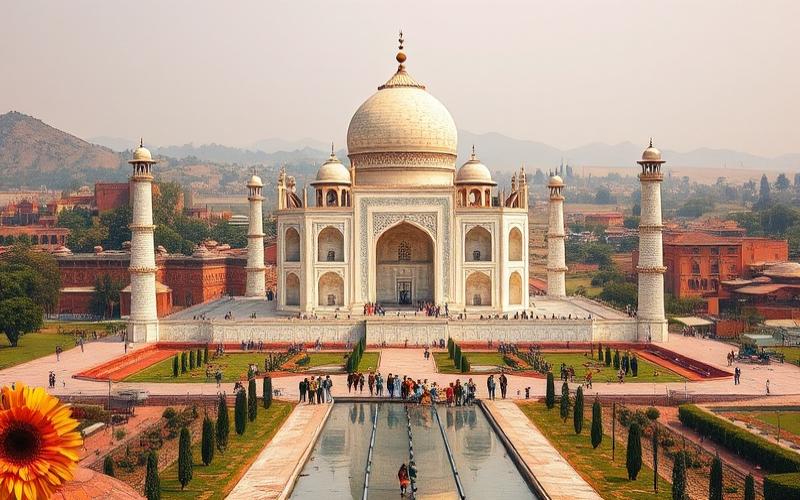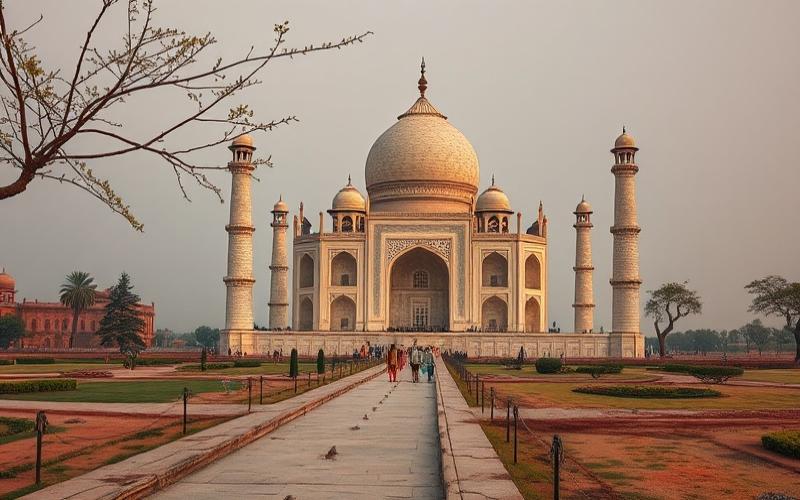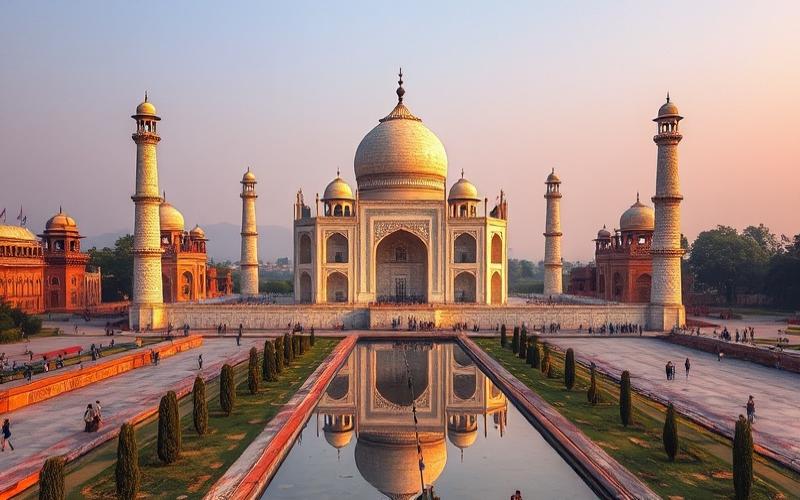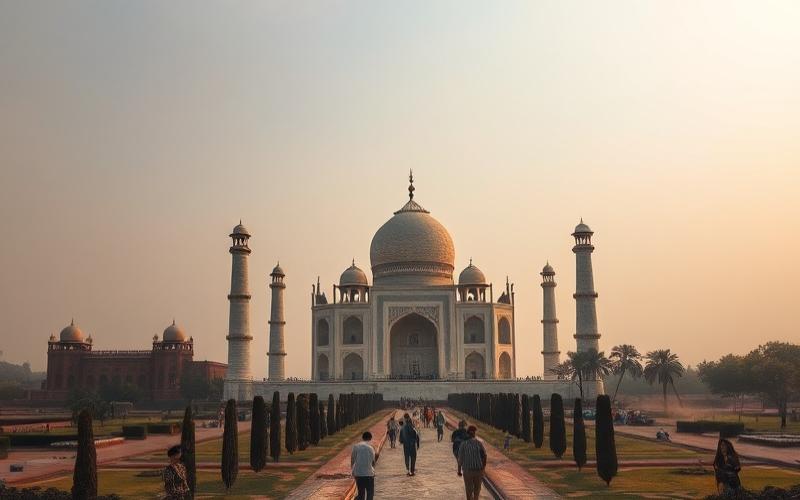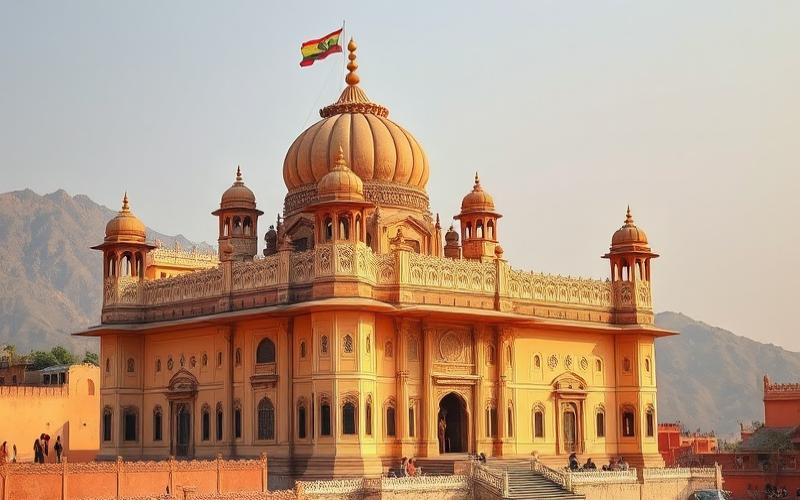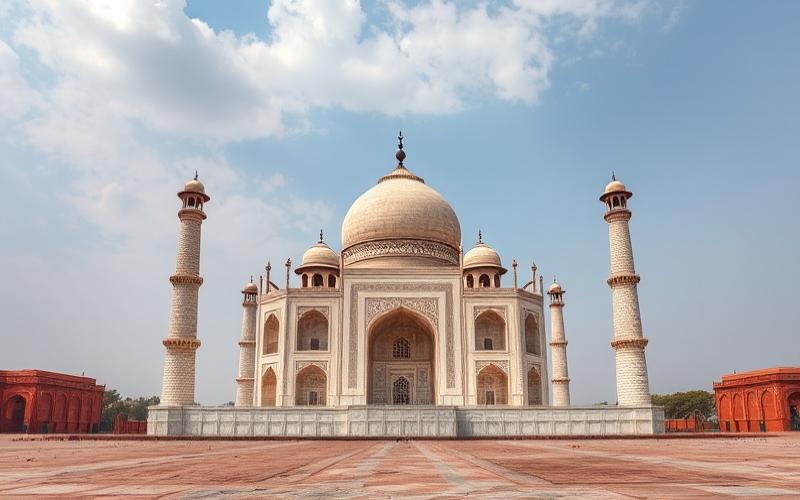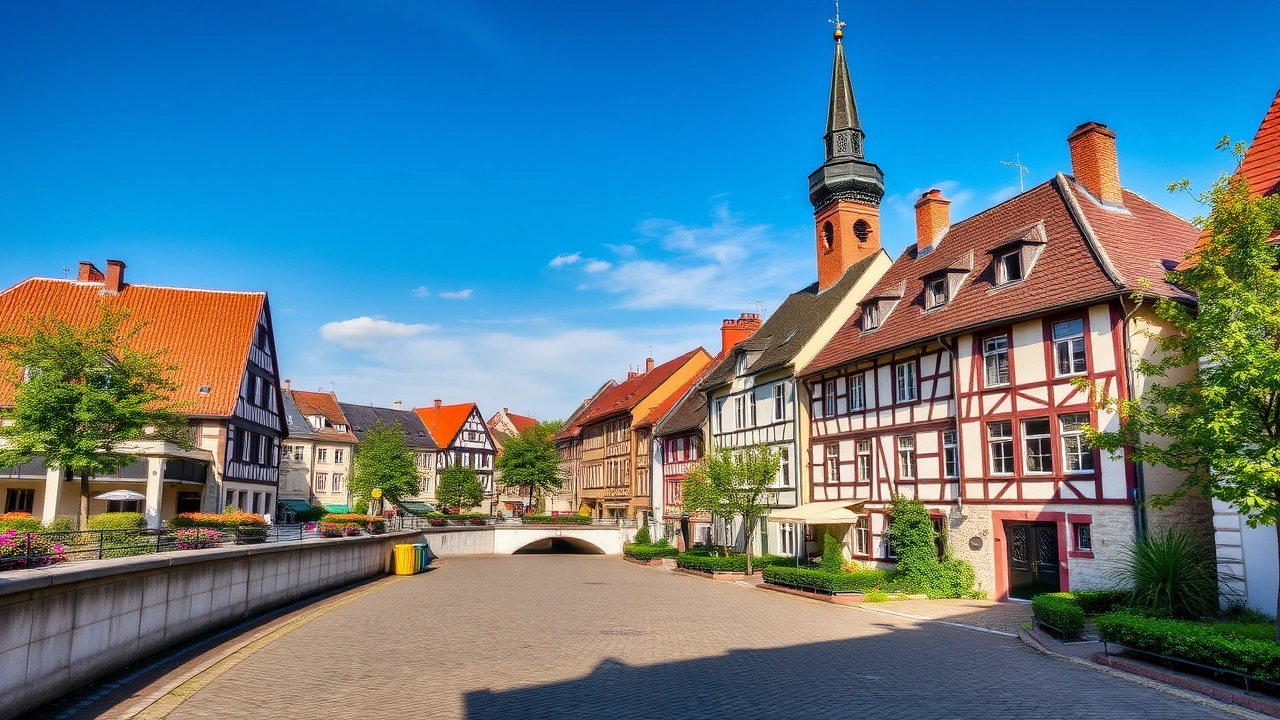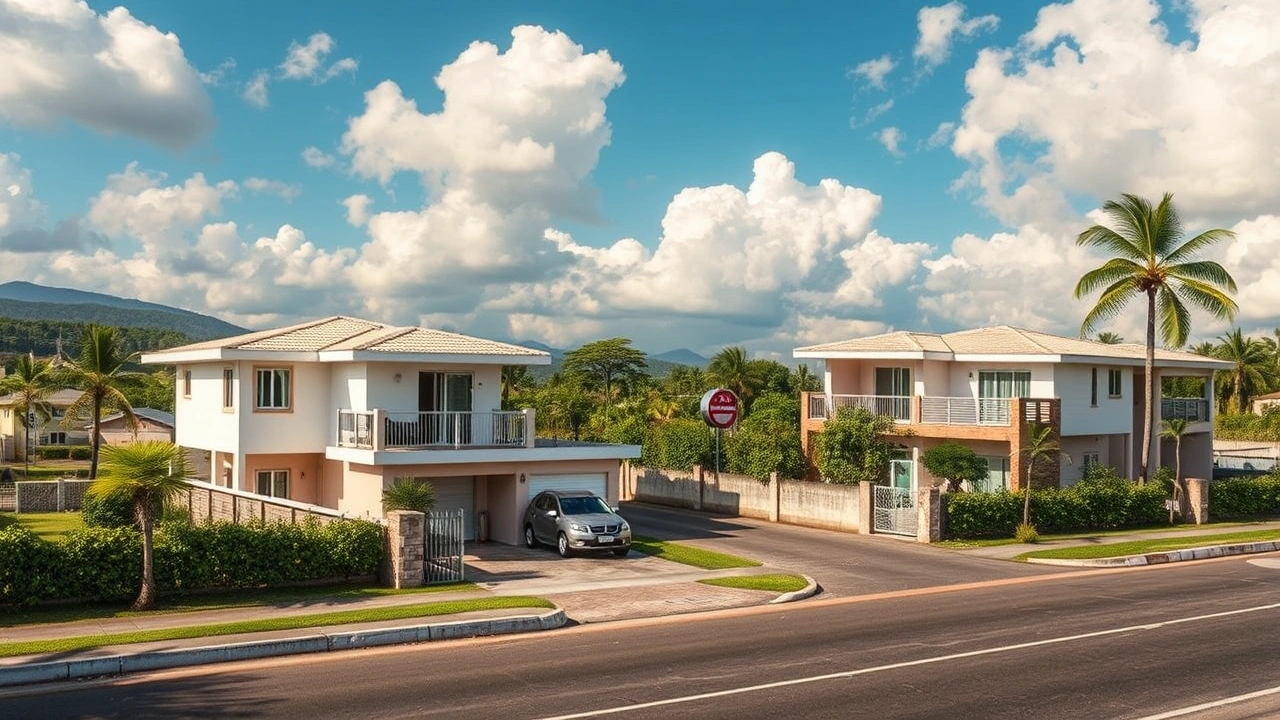
 Published on and written by Cyril Jarnias
Published on and written by Cyril Jarnias
Finding Housing in India
Finding housing in India might seem like a daunting task given the country’s cultural and economic diversity, but with some well-thought-out tips, this quest can turn into a rewarding adventure.
Whether you’re looking for an apartment in bustling cities like Mumbai or Delhi, or a house in peaceful rural areas, arming yourself with the right information is essential.
From online platforms to social media, and word-of-mouth advice, each option has its unique advantages and challenges.
So, whether you’re an expatriate or long-term traveler, discover how to effectively navigate this complex real estate market through proven strategies and practical advice to make your housing search experience a success.
Finding Housing in India: Winning Strategies
Popular Online Platforms and Mobile Apps
The following platforms are most commonly used for housing searches in India:
| Platform | Main Strengths |
| MagicBricks | Wide selection for buying and residential renting, advanced tools, multiple services |
| 99acres | Reputation for listing reliability, owner posts, detailed neighborhood information |
| NoBroker | Verified listings without brokerage fees, especially for urban rentals |
| HousingBharat | City-specific Telegram networks, direct contact with owners, no intermediaries |
Tips for Negotiating Rent and Conditions
- Prepare a rental rate analysis for the area to support your offer.
- Propose a longer lease to get a better rate.
- Negotiate additional charges (maintenance, parking, etc.).
- Request improvements or repairs before moving in.
- Be prepared to discuss the security deposit, often equivalent to 2-10 months’ rent.
Importance of Visiting the Neighborhood at Different Times of Day
- Visit in the morning, afternoon, and evening to assess:
- Noise levels (traffic, parties, neighborhood)
- Safety (police presence, street lighting, street activity)
- Commercial activity and traffic
Cultural Specifics of the Indian Rental Market
- Strong preference for long-term leases (often 11 months renewable, but sometimes 2-3 years negotiable).
- Some landlords may require references or prefer certain profiles (families, married couples).
- Negotiation is common and expected, but flexibility depends on the local context.
- Rules regarding roommates, pets, or visitors can be strict.
Using Social Media and Community Groups
- Facebook or WhatsApp groups dedicated to housing searches by city or expatriate community.
- Telegram networks (e.g., via HousingBharat) enabling direct exchanges with owners and off-market listings.
- Expatriate forums and professional networks (LinkedIn) for reliable recommendations and contacts.
Real Estate Hunter Services and Professional Assistance
- Specialized agencies assist expatriates with searching, viewing, negotiating, and administrative management.
- Real estate hunters offer customized services, often charged at half to one month’s rent.
- Some law firms offer lease agreement verification.
Tips for Evaluating Facility and Infrastructure Quality
- Check 24/7 water availability, electricity quality (presence of generator).
- Inspect the condition of sanitary facilities, kitchen, and common areas.
- Assess proximity to public transportation, shops, schools, hospitals, and green spaces.
- Inquire about building security management (guarding, video surveillance).
Expatriate Anecdotes and Testimonials
“I found my apartment through an expatriate Facebook group in Bangalore. After several visits at different times, I noticed the neighborhood was quiet in the morning but very noisy in the evening due to student parties. This approach helped me avoid unpleasant surprises.”
“Thanks to NoBroker, I avoided brokerage fees and negotiated directly with the owner. We agreed on a two-year lease, which allowed me to get a 10% reduction on the rent.”
“A real estate hunter assisted me upon my arrival in Mumbai. He negotiated the security deposit down to just two months, when the standard was six. His network allowed me to view properties not listed on conventional platforms.”
Good to Know:
When searching for housing in India, online platforms like MagicBricks and 99acres prove essential for exploring a wide range of options. Negotiating lease terms with landlords is a common practice; be ready to discuss possible rent reductions or lower deposits. It’s crucial to visit the surroundings at different times to gauge ambient noise and safety. The Indian rental market often favors long-term leases, and understanding this cultural preference can ease your search. Use social media and join community groups to access exclusive housing offers. Professional real estate hunter services, commonly used by expatriates, provide valuable assistance. Finally, carefully evaluate surrounding infrastructure such as transportation and amenities, as one expatriate testifies discovering a hidden gem near a well-connected neighborhood after following these tips.
Demystifying the Budget: How Much Does Housing Cost in India?
In India, you’ll mainly find apartments, individual houses, and shared housing (particularly in large university or tech cities). Shared housing is very popular among students and young professionals for its budget accessibility and social aspect.
Main Types of Housing:
- Apartments (studios, 2/3/4 bedrooms)
- Individual houses (bungalows, villas)
- Shared housing or co-living
- Rooms in host families
Cost variation heavily depends on the city: Mumbai is known for having some of the highest rents in the country, followed by Delhi, Bangalore, and Chennai. In secondary or peripheral cities (Pune, Hyderabad), the average monthly budget is significantly lower.
| City | 1-Bedroom Apartment | Individual House | Shared Housing/Room |
| Mumbai | ₹35,000 – ₹60,000 | ₹70,000 – ₹2,00,000 | ₹15,000 – ₹30,000 |
| Delhi | ₹25,000 – ₹45,000 | ₹55,000 – ₹1,50,000 | ₹10,000 – ₹25,000 |
| Bangalore | ₹22,500 – ₹40,000 | ₹40,000 – ₹1,20,000 | ₹8,500 – ₹20,500 |
| Chennai | ₹18,500 – ₹35,500 | ₹30,500 – ₹95,500 | – |
| Secondary City (Pune/Hyderabad) | ₹12,800 – ₹25,600 | ₹18,200 – ₹65,700 | ₹6,800 – ₹13,800 |
Values are indicative averages in Indian rupees per month.
Main Factors Influencing Price:
- Location: City center vs. outskirts; proximity to transportation.
- Size: Living area and number of bedrooms.
- Property Condition: New/renovated versus old.
- Provided Amenities:
- Security (guarding)
- Private parking
- Pool/gym/garden
- Furnished/unfurnished
Additional Costs to Consider:
- Rental charges (building/apartment maintenance): generally between ₹2,500 and ₹5,200/month depending on amenities.
- Utilities:
- Electricity/gas/water: often not included in rent. Average budget between ₹1,300 and ₹4,900/month depending on consumption.
- Internet/phone/cable TV: approximately ₹600 – ₹1,400/month.
- Regular home maintenance if not included in the rent.
Security Deposit & Brokerage Fees:
Most landlords require a deposit equivalent to two to six months’ rent. Brokerage fees generally range between 0.5 to one month‘s rent depending on local practices.
Practical Tips to Reduce Housing Expenses:
Opt for shared housing or co-living to share fixed costs while benefiting from a modern shared space with included services.
Example of budget optimization: negotiate a discount on the initial deposit if you propose a long-term contract; request that certain amenities be added without a major rent increase; compare multiple listings before signing anything; prioritize a well-connected but less central area to maximize space vs. price.
To Negotiate Effectively:
- Prepare your tenant file with solid documentation (income/references).
- Be flexible on some accessory requests rather than the main rent amount during discussions with landlords/real estate agencies.
- Explicitly ask which charges are included to avoid any later surprises.
Regular analysis of the local market through specialized platforms is highly recommended to get updated rates.
Good to Know:
In India, housing types include apartments, individual houses, and shared housing, with costs varying widely by city and location. In Mumbai and Delhi, rents for an apartment can range from 20,000 to 50,000 INR per month depending on size and location. Bangalore and Chennai have slightly lower costs, ranging from 15,000 to 35,000 INR per month. In secondary cities, average rents can drop to 10,000 INR. Size, property condition, and available amenities influence prices, as do rental charges, utilities, and maintenance fees, which can add to the housing budget. A security deposit equivalent to 3 to 6 months’ rent is often required, along with brokerage fees that can reach one month’s rent. To save money, negotiate the rent by demonstrating your ability to ensure regular payment, and consider shared housing to split costs. Comparing real estate listings online can also reveal cheaper alternatives, especially on platforms like MagicBricks. Make sure to check recent data, such as from the 2022 housing report, to get the most current prices.
Must-Know Neighborhoods for Expatriates in India
| City | Main Neighborhoods | Major Assets | International Schools | Safety | Cost of Living | Expat Community |
|---|---|---|---|---|---|---|
| Bangalore | Indiranagar, Whitefield, Koramangala, Jayanagar | Proximity to tech companies, nightlife, cafes, modern infrastructure, private hospitals | Yes (Indus, TISB, Stonehill) | Good | Moderate/High | Very Present |
| Mumbai | Bandra, Juhu, Powai, Andheri | Access to multinationals, beaches, international restaurants, shopping malls, quality healthcare | Yes (DSB, American School) | Variable/Good | High | Large |
| Delhi | Vasant Vihar, Chanakyapuri, GK, Defence Colony | Embassies, green spaces, private hospitals, shopping malls, diplomatic quarters | Yes (American Embassy School) | Good in these areas | Moderate/High | Strong |
| Chennai | Adyar, Besant Nagar, OMR, ECR | Coastal proximity, pleasant climate, international schools, quick access to IT offices | Yes (American Intl., APL Global) | Fair | Moderate | More Limited |
Features That Make These Neighborhoods Attractive:
- Proximity to International Schools: The presence of recognized institutions (International, American, British) facilitates the integration of expatriate children.
- Modern Amenities: Shopping malls, international supermarkets, diverse restaurants, gyms, access to private healthcare infrastructure.
- Access to Multinational Company Offices: The selected neighborhoods are close to main business and technology hubs.
- Healthcare Infrastructure: Clinics and private hospitals offering international quality care, often with English-speaking staff.
Safety and Cost of Living Aspects
The mentioned neighborhoods are among the safest in their respective cities, often benefiting from increased police presence or private surveillance.
The cost of living is generally higher than the Indian average (high rents, premium services), but remains affordable for expatriates receiving international salaries or housing allowances.
Expatriate Communities and Integration
Very present communities in Mumbai, Bangalore, and Delhi: support groups, international clubs, sports and cultural associations, regular events (social gatherings, parties, intercultural workshops).
In Chennai, the community is smaller but active, especially in IT and academic sectors.
Practical Tips for Housing Search
- Use a real estate agency specialized in welcoming expatriates or seek help from your employer.
- Prioritize secure residences with guarding, electricity generator, pool, gym.
- Plan multiple visits to compare housing quality (finish level, water access, security).
- Examine proximity to schools and transport routes (to avoid frequent traffic jams).
- Negotiate the lease and verify maintenance conditions.
Social Activities and Services Facilitating Integration
- International clubs (Rotary, Lions, bilateral chambers of commerce).
- Sports associations (tennis, cricket, golf, yoga).
- Support networks for families (expatriate Facebook/WhatsApp groups, language workshops, international nurseries).
- Participation in local festivals, guided city tours, cooking or Indian craft classes.
Tip: For quick integration, participate in expatriate and local community events upon arrival, and inquire about neighborhood groups.
Summary of Criteria to Prioritize When Choosing a Neighborhood:
- Proximity to workplace and schools
- Neighborhood safety
- Access to modern amenities and healthcare
- Presence of an expatriate community
- Housing quality and associated services
Remember: The choice of neighborhood strongly influences the quality of life in India for an expatriate. The mentioned neighborhoods offer the best compromise between Western comfort and immersion in Indian life.
Good to Know:
Among the must-know neighborhoods for expatriates, Indiranagar in Bangalore appeals due to its proximity to major company offices and international schools, making it ideal for families and professionals. In Mumbai, Bandra is prized for its modern amenities, quality hospitals, and numerous cultural activities. In the capital, Vasant Vihar in Delhi attracts expatriates thanks to a good transport network and a strong international community, although the cost of living is relatively high. In Chennai, Adyar offers a peaceful setting near beaches and is appreciated for its safety. For housing, it’s advisable to turn to specialized real estate agents who understand expatriate preferences. Finally, these neighborhoods often organize social events allowing newcomers to meet their new communities and thus facilitating integration into local life.
Disclaimer: The information provided on this website is for informational purposes only and does not constitute financial, legal, or professional advice. We encourage you to consult qualified experts before making any investment, real estate, or expatriation decisions. Although we strive to maintain up-to-date and accurate information, we do not guarantee the completeness, accuracy, or timeliness of the proposed content. As investment and expatriation involve risks, we disclaim any liability for potential losses or damages arising from the use of this site. Your use of this site confirms your acceptance of these terms and your understanding of the associated risks.

